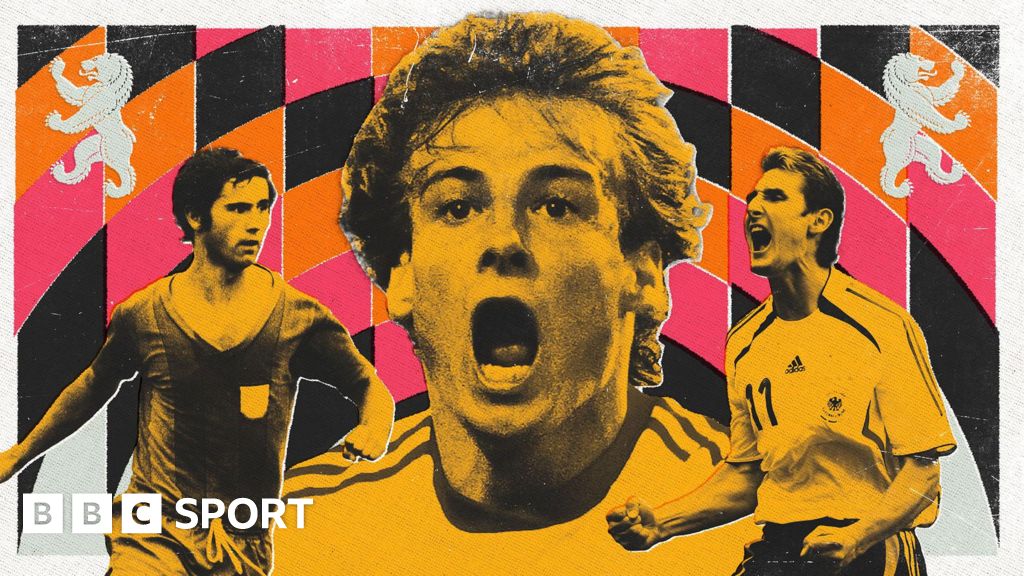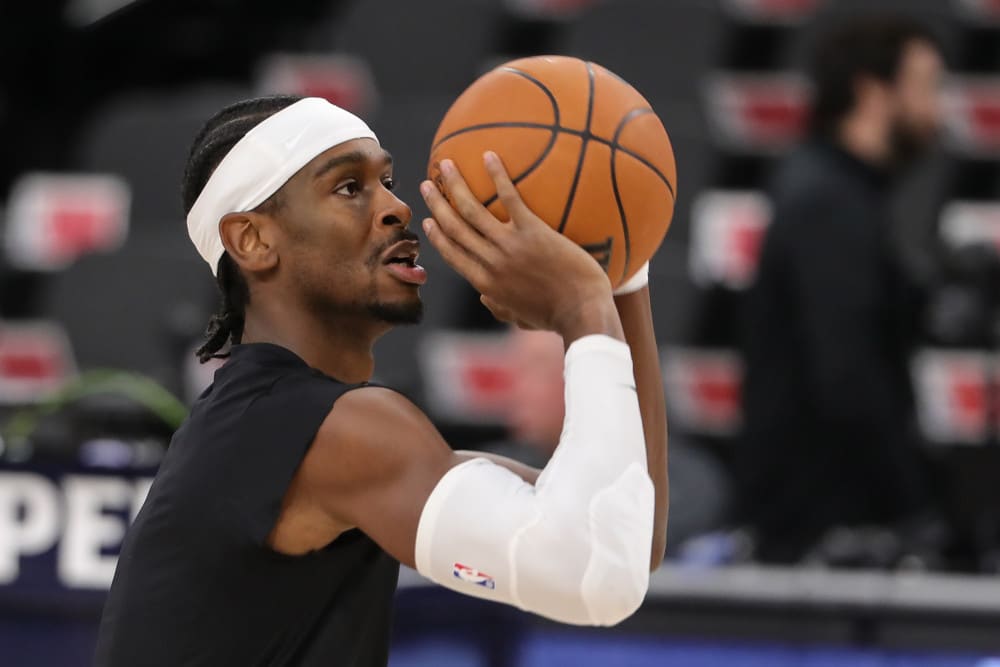World
Euro 2024: How Germany are looking for way around lack of world-class striker

It would be simple to suggest that if playing without an out-and-out striker is no longer working – why don’t Germany just start calling them up again?
But the problem is the country has a lack of them, and that stems from youth development.
“When you look at the youth teams in Germany, like the under-19s or under-17s of the big Bundesliga clubs, you see a lot of talented wingers, a lot of talented playmakers, but you don’t see many highly skilled strikers,” Eckner adds.
“It is almost like the one guy who is tall and doesn’t have the best technique ends up playing as a striker. Then when they are promoted to the Bundesliga, being technically limited hinders you. It is really tough to break out of the academy and be a competent Bundesliga striker.”
Germany’s 2018 World Cup failure, in which they finished bottom of a group containing Sweden, Mexico and South Korea, appeared to shock the country’s decision-makers into action.
Critics of Germany’s youth development say the system had become too rigid, with children not getting the freedom to express themselves and just have fun.
Two years ago, the German football federation announced plans to revolutionise its youth framework, with more focus on children being able to do what they enjoy – scoring goals.
“Playing with the ball and scoring goals are the main reasons why so many children and young people enjoy football,” the DFB said at the time.
The new forms of play introduced involved more smaller-sided games, so that players had more touches of the ball – the idea being it would improve their skills and confidence and lower the number of dropouts from children who were getting bored of not being involved.
Professor Matthias Lochmann, a former professional footballer and under-15s coach at Mainz when Jurgen Klopp was manager there, lobbied hard for several years for such changes to be made.
In 2018, following Germany’s World Cup exit, he gave a keynote speech on the issue and what should be done, catching the eye of Hansi Flick, who had recently been sporting director of the German football association and would go on to manage the national team.
“We had very good discussions about this,” Lochmann told BBC Sport.
“He always said to me we have to implement all these ideas, as the sooner it will come the better it will be.
“He recommended it internally to accelerate this process, but his influence was limited.”
While changes have been implemented at youth level, Lochmann feels it is happening far too slowly to have an impact on the national team in the medium-term future, let alone any time soon.
“Germany going out early in the last World Cup helped to push this innovation,” he added.
“It is stupid to say this as a German, but hopefully in the European Championship we will also go out and then the changes happen faster.”








